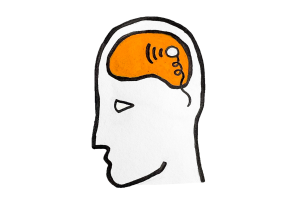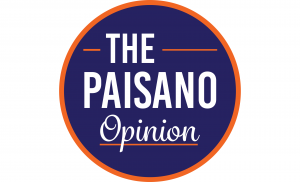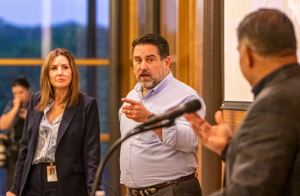Politics
May 28, 2020
The American political system is unlike any other in the world. Since its inception, it has inspired struggles for democracy and liberty across the world, from the French Revolution in the 18th century to the Arab Spring in the early 2010s and the Hong Kong protests today. The American Dream has called thousands to our shores and borders who are fleeing religious persecution, war, famine and incessant poverty. America is a symbol of freedom and liberty across the world, perhaps indicated by the alternative name given to the American president, “leader of the free world.” However, the United States is a country founded on contradictions, and this past decade of American politics demonstrates the persistence of those contradictions.
Many Americans consider politics a nasty affair. A Pew Research Center poll in 2018 found only a quarter of Americans viewed political discourse as respectful (no one better represents this belief than President Donald Trump). Trump was one of the primary proponents of the explicitly racist and untrue “birtherism” movement against President Barack Obama before and after his 2008 election, which argued Obama was not born in America. Trump refused to denounce the claim publicly until 2016. However, reports suggested he still discussed his belief in private as recently as 2017.
When he ran for president in 2016, Trump brought a level of unprofessionalism and nastiness to the national stage that has not been seen in modern U.S. history. Trump began his presidential campaign with a speech that included this grossly racist remark: “When Mexico sends its people, they’re not sending their best. They’re bringing drugs. They’re bringing crime. They’re rapists. And some, I assume, are good people.” This came after the Republican National Committee said, after the Republican presidential loss in 2012, that, “It does not matter what we say about education, jobs or the economy; if Hispanics think we do not want them here, they will close their ears to our policies.”
Whether Trump was remarking how he likes war heroes “who weren’t captured,” referring to Vietnam veteran Senator John McCain, or falsely alleging that Senator Ted Cruz’s father was involved in the assassination of President John F. Kennedy, Trump has never failed to find a new plane of political discourse. This continued into the 2016 general election when he called for Hillary Clinton to be arrested and led chants of “Lock her up!” at rallies around the country.
As president, his rhetoric did not soften. Trump has publicly taunted foreign leaders, threatened Democrats with charges of treason and referred to African nations as “shithole countries,” among a wide variety of other adjectives and actions. Trump’s cruelty toward immigrants, indifference toward the environment and tacit approval of white supremacy has sharply shifted the Republican Party to the right, and his authoritarian tendencies toward the press and congressional oversight, in particular, have made precarious claims that America is a free and fair democratic republic with an adequate system of checks and balances.
For their part, Democrats have certainly changed this decade as well. The charisma and change-making nature of Obama’s 2008 presidential campaign have carried over into what Democrats expect from their presidential candidates today. This admiration for charisma is part of the reason that Senator Bernie Sanders fared so well in the 2016 democratic primary against Clinton, even though she was expected to easily win the primary.
Sanders, a self-described democratic socialist, has inspired millions around the country, and his 2016 run moved the Democratic Party to the left with policies like the federal legalization of marijuana, Medicare-for-All and a platform based on a “political revolution” of working-class people. Sanders’ status as a frontrunner in the democratic presidential primary demonstrates how much his ideas have influenced the Democratic Party. The modern-day Democratic Party is younger, more liberal, and more racially and ethnically diverse than it has ever been, according to a 2019 Pew Research Center poll. This has led to a group of democratic presidential candidates that are younger and more diverse in race, ethnicity, gender and sexuality than ever before with visions for the country far different than that of the current president.
The past decade of domestic politics has been volatile and vicious, and some say it is worse than it has ever been. But this represents the short memory that many Americans have today. Americans seem to have forgotten the lynchings of African Americans in the Jim Crow era, the cruel indifference towards LGTBQ+ people during the AIDS epidemic and the internment of Japanese Americans during World War II. The United States is no stranger to political conflict, but this country has been in far worse places. What will make this era different from others of political unrest is whether Americans will find their way out of it or further into it.






